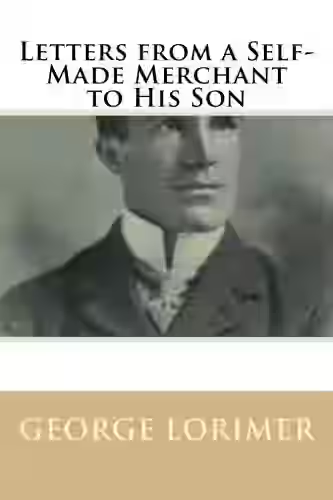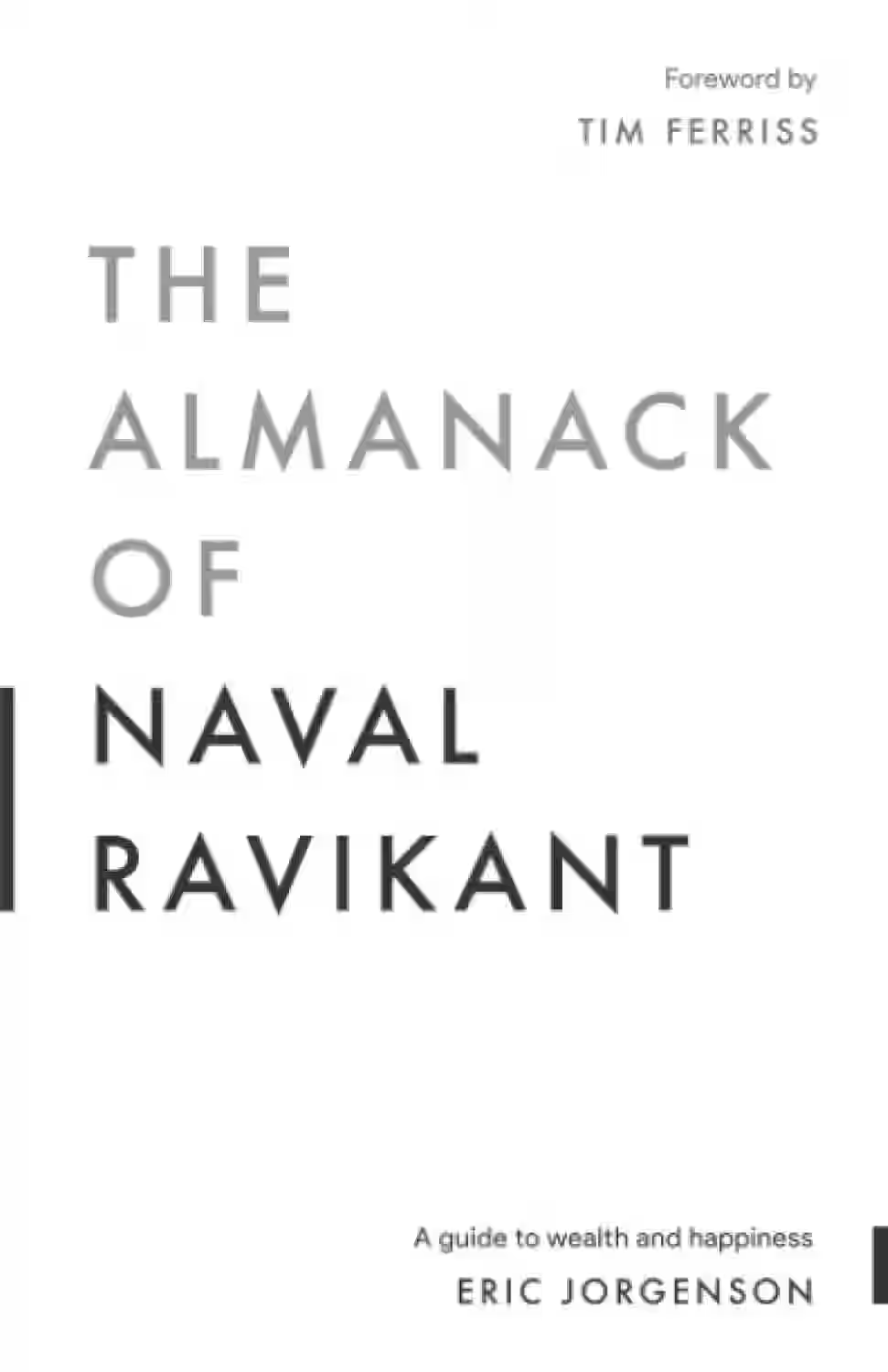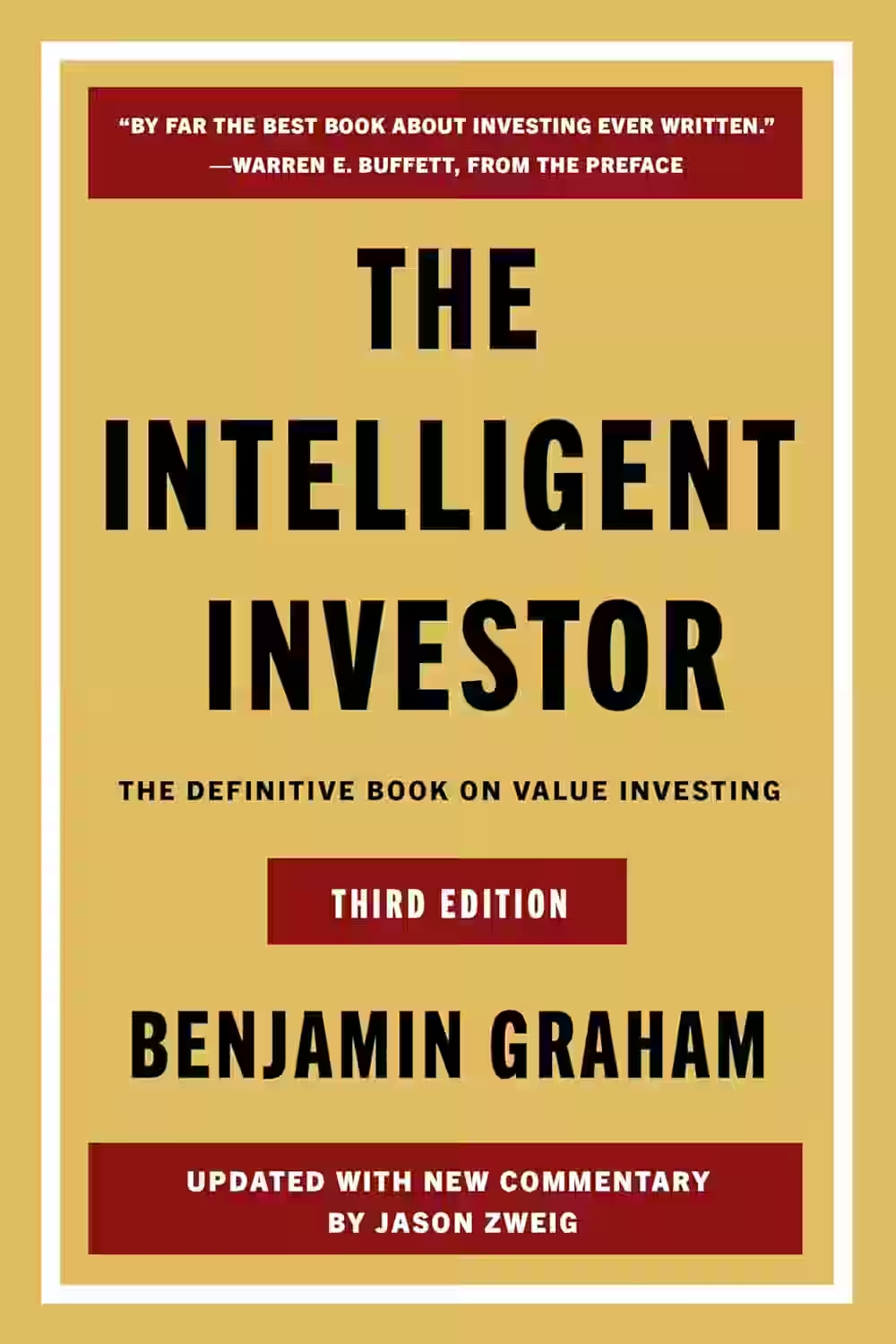
First published in 1918 and revised by E.B. White in 1959, The Elements of Style is a timeless guide to clear and effective writing. With concise rules on grammar, usage, and composition, it emphasizes clarity, brevity, and simplicity. Writers are encouraged to “omit needless words” and favor the active voice. Though compact, the book has had a lasting impact on generations of writers, from students to professionals. Its witty tone and practical advice make it a beloved reference. Whether you're writing essays, articles, or novels, The Elements of Style is an essential manual for mastering the craft of writing.
About William Strunk Jr.
William Strunk Jr. was an American professor of English at Cornell University and the original author of The Elements of Style, first published privately in 1918. Known for his precision and insistence on clarity, Strunk created the guide to help students write with brevity and correctness. The original edition contained simple, direct rules such as “omit needless words,” which became foundational principles in English composition. Though modest in scope, his manual profoundly influenced writing instruction in the United States. Strunk’s legacy lives on in classrooms and editorial circles, where his no-nonsense approach to language continues to shape clear communication.
About E.B. White
E.B. White was an American essayist, novelist, and editor best known for his children’s classics Charlotte’s Web, Stuart Little, and The Trumpet of the Swan. A longtime contributor to The New Yorker, White was celebrated for his wit, elegance, and sensitivity to language. In 1959, he revised and expanded his former professor William Strunk Jr.’s The Elements of Style, turning it into a bestselling writing guide that has influenced generations. White’s prose combined clarity with charm, making complex ideas approachable. Whether writing essays, stories, or grammar advice, his work is marked by a deep respect for words and their power.
Similar Books

Letters from a Self-Made Merchant to His Son
First published in 1901, this epistolary book presents fictional letters from a successful Chicago pork packer to his college-aged son. Blending wit, business acumen, and life wisdom, the father offers advice on work ethic, integrity, personal character, and money management. Written in a candid and humorous tone, the book delivers old-fashioned common sense that remains surprisingly relevant. It's a manual not just for business, but for becoming a responsible and grounded adult. The blend of fatherly guidance and entrepreneurial insight has made it a classic on both parenting and leadership.

The Wealth of Nations: Books I-III
by Adam Smith
Series: The Wealth of Nations (#1)
In Books I–III of The Wealth of Nations, Adam Smith lays the foundation of classical economics by exploring the nature of labor, productivity, and market systems. He introduces the concept of the "invisible hand" and argues that individual self-interest can promote the public good through free-market mechanisms. Book I focuses on the division of labor and value, Book II on capital and stock, and Book III on the historical evolution of economic systems. Smith’s analysis of productivity, competition, and the role of self-regulation revolutionized economic thought and established key principles that underpin modern capitalism and economic theory.

The Almanack of Naval Ravikant
by Eric Jorgenson, Jack Butcher, Tim Ferriss
This curated guide distills Naval Ravikant’s wisdom on wealth, happiness, and self-improvement, drawn from his tweets, podcasts, and essays. It blends philosophy, mental models, and practical advice for living a rich life—both materially and emotionally. The Almanack encourages clear thinking, long-term decision-making, and personal freedom, becoming a go-to for entrepreneurs and thinkers.

The Intelligent Investor
First published in 1949, The Intelligent Investor by Benjamin Graham is a foundational text on value investing and long-term financial strategy. Graham, known as the father of value investing, teaches readers how to analyze stocks with a focus on intrinsic value, margin of safety, and disciplined decision-making. The book distinguishes between “investing” and “speculating,” urging caution, patience, and rational thinking. With commentary by Jason Zweig in modern editions, the book remains a timeless guide for both novice and experienced investors. Its core message—that emotional control and sound principles are key to investment success—has influenced generations, including Warren Buffett.